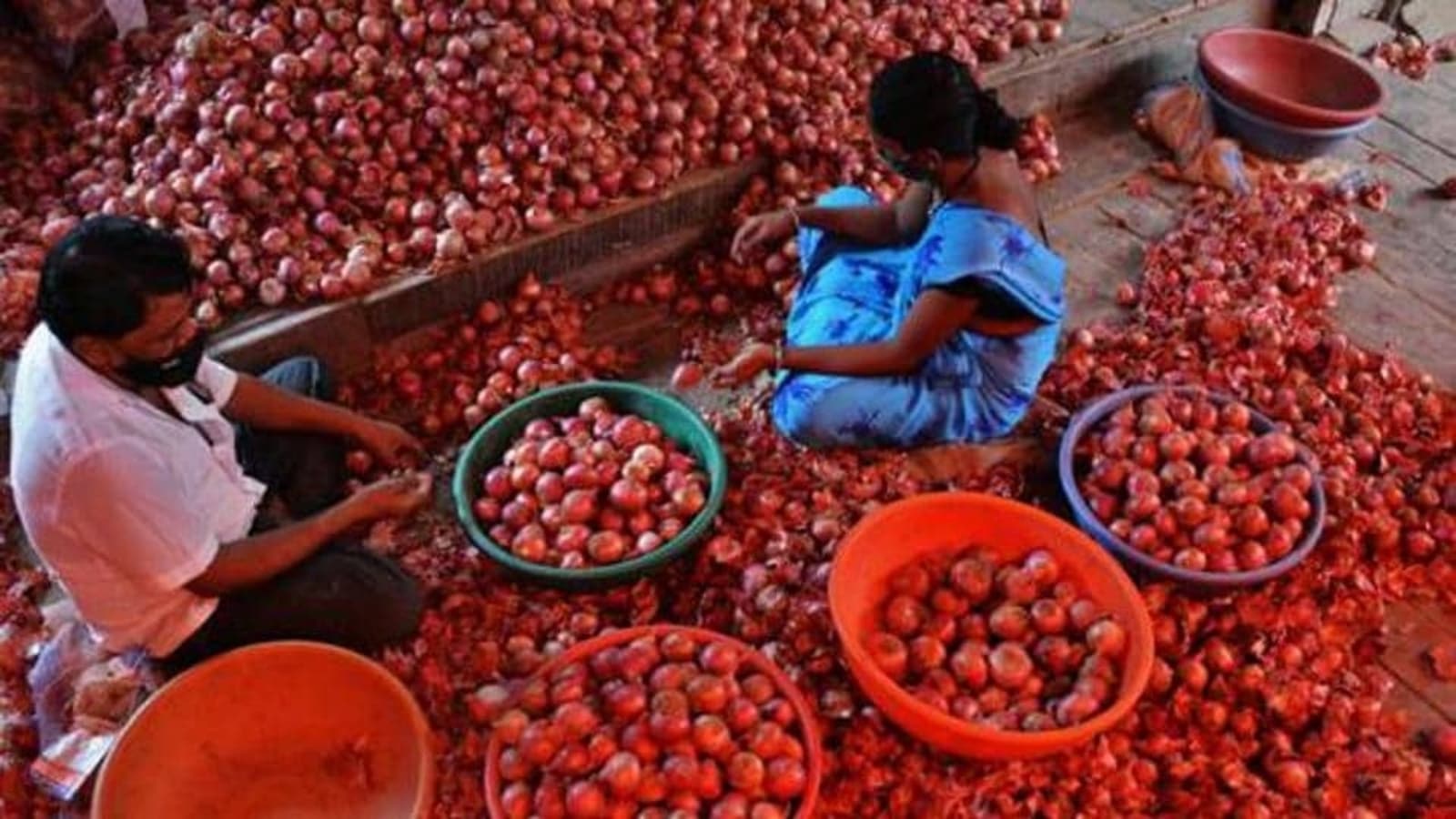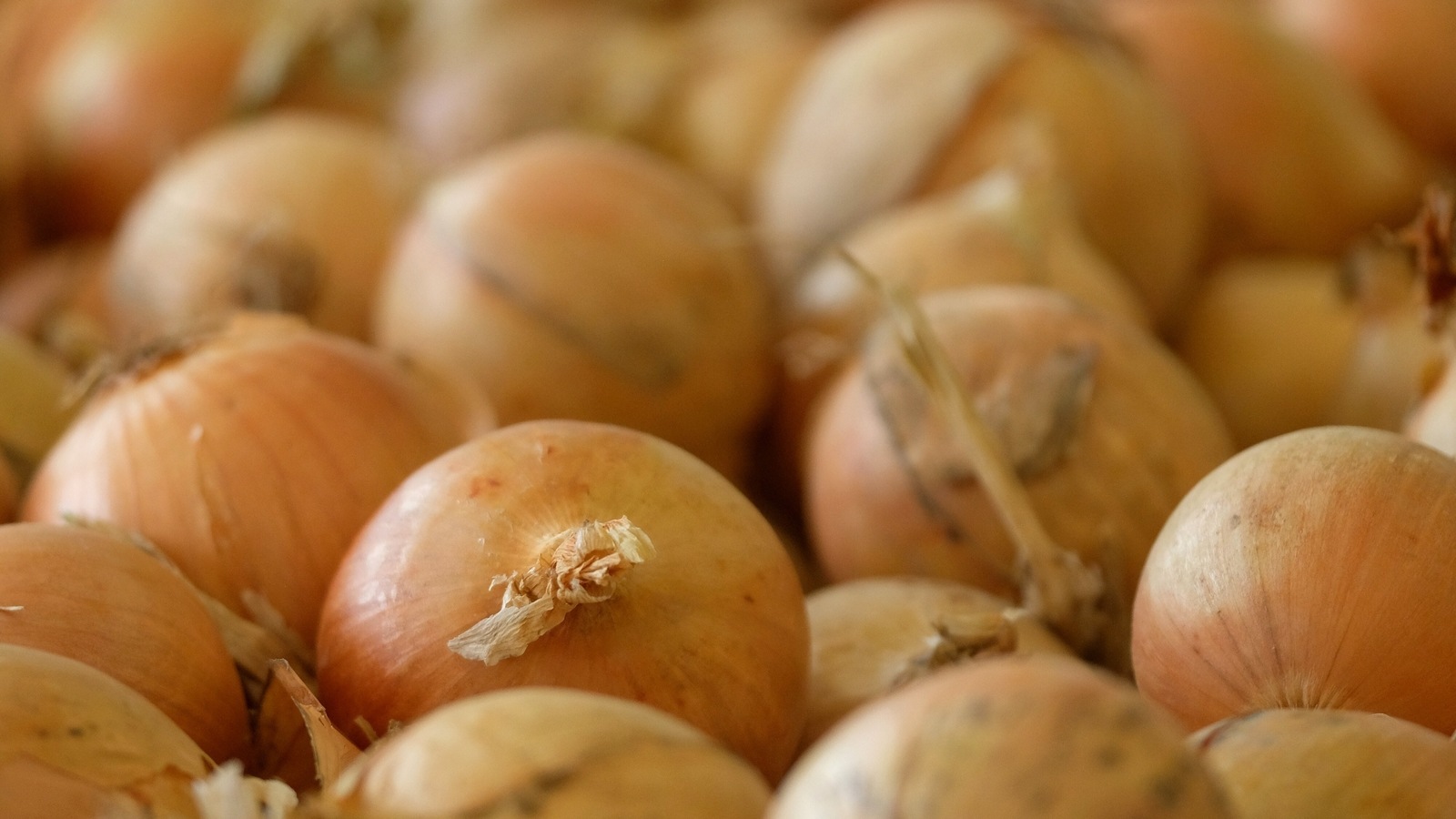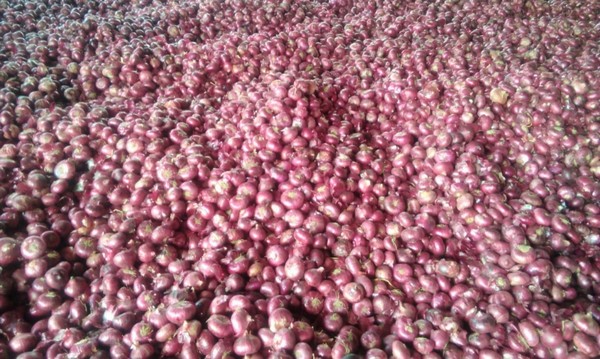Pakistan: 500% jump in onion costs worsens inflation

Food is getting unaffordable in Pakistan, which has been devastated by floods due to the soaring prices of tomatoes, potatoes, and onions. However, if inflation reaches 30%, this might lead to severe financial constraints.
Heavy rains flooded one-third of the country, destroying crops in the South Asian nation, which was already struggling with falling foreign currency reserves and the quickest inflation in over five decades. Eight more parts were added to the list of 80 flood-affected areas around the country over the weekend.
According to Ali Asghar Londer, in Dadu, a megacity close to the western bank of the Indus River, onions were sold for 300 rupees ($1.37) per kilo, as opposed to 50 rupees before the floods. The rice and onion affair has suffered the worst detriment. The price of potatoes has increased four times to 100 rupees per kilogram, the price of tomatoes increased by 300 to 400 rupees per kilogram, and the price of ghee, or cooking oil, increased by 400. Dairy and meat products were also affected because storehouses were swamped.
The rise in food prices will put additional strain on a previously fragile and politically divided frugalness that has recently started to regain some fiscal strength thanks to a $1.16 billion bailout from the International Monetary Fund and $9.5 billion in pledges from Qatar, Saudi Arabia, and the United Arab Emirates, More than 300 people have died as a result of the floods, which are anticipated to cause $ 10 billion in damage and have pushed thousands into camps.
In a nation where husbandry makes up around a fifth of the GDP, it has also buried vast tracts of fields and swept down crops. Effect of inflation On September 3, Finance Minister Miftah Ismail was upbeat, claiming that vegetable prices are declining and that affixation, which has reached a 47-time high, is nearly at its zenith and would probably average 15 this time.
The judges, though, were less upbeat. According to Amreen Noorani, head of exploration at JS Global CapitalLtd, the most serious concern is the impact of floods on agriculture. “The last time there were floods was in 2010, when food inflation nearly doubled in two months. The situation is made further grueling by the fact that inflation is once again rising.
The rate of increase in consumer prices accelerated to 27.26 percent in August, before the full flood of goods was realized. The hand basket’s third largest element, food, saw an increase in inflation last month of 29.5 percent. The full impact of the IMF loan’s required 50% rise in energy prices has not yet been included in the calculations.
According to Fahad Rauf, head of exploration at Ismail Iqbal Securities Pvt., inflation might reach 30 in the next two months, bringing the average price rise this fiscal year to 23–24, above the central bank’s forecast of 18–20. The former high minister, who was removed in April but who’s still largely well-liked, is launching a ferocious crusade to push for choices, and the terrible floods are inflaming the crowd’s resentment.
Our kids have been staying for food and sanctum on the side of the road for four days. Mohammad Sharif, 40, a leader who last week briefly shut down a major road in his country because he hadn’t entered any help, claimed that “our children are dying.” We’ve got nothing: no food, no clothes.
Pakistan may want to try importing veggies and other food items from India. Pakistan’s Finance Minister, Miftah Ismail, stated on Monday that the government may consider importing vegetables and other food commodities from India in light of the severe floods that destroyed standing crops, three years after Islamabad severed diplomatic ties with New Delhi over the Kashmir issue.
Due to the terrible floods, the prices of many fruits and vegetables have dramatically increased in Pakistan. This is because the tragedy has severely disrupted the supply of veggies from Balochistan, Sindh, and south Punjab. According to a source cited by Dawn newspaper, Moeed Yousuf, a former security consultant, was developing some plans for commerce with India.
The Economic Coordination Committee (CEC) declared in March 2021 that it would allow the private sector to import cotton and white sugar from India through the Wagah border. The main opposition parties, Pakistan Muslim League-Nawaz and Pakistan People’s Party, who are currently in a coalition government, severely criticized the decision, and it was quickly reversed.
The Ministry of Commerce in May ruled out the chance of a resumption of halted bilateral commerce due to a change in the federal administration this year, according to the newspaper. The commerce ministry stated in response to widespread social media rumors that Prime Minister Shehbaz Sharif’s administration was considering a proposal to resume trade with India.
According to a statement from the commerce ministry, “Pakistan’s position on trade with India has not changed.” However, in June, Foreign Minister Bilawal Bhutto Zardari came out in favor of trade and interaction with other nations, especially India. Approximately 30 containers of onions and 100 containers of tomatoes are received at the Torkham border (with Afghanistan) each day, according to Shehzad Cheema, the secretary of the Lahore Market Committee.
Out of these, two containers of tomatoes and one container of onions are delivered to Lahore each day, which is insufficient to meet demand in the Punjabi province’s capital. According to Cheema, the government will eventually import tomatoes and onions from India.

He said that it was impractical to import vegetables from Iran through the Taftan border crossing in Baluchistan since the Iranian government had raised import and export fees. According to Jawaad Rizvi, a wholesaler in the Lahore market, tomatoes and onions were selling for about Rs500 and Rs400 per kilogram on Sunday, respectively, in Lahore’s marketplaces. He predicted that as a result of the supply of vegetables from Balochistan, Sindh, and south Punjab being severely hampered by flooding in the coming days, prices for basic goods would rise even more.




